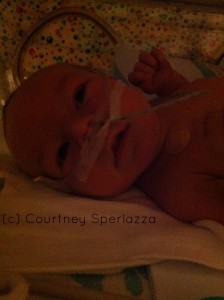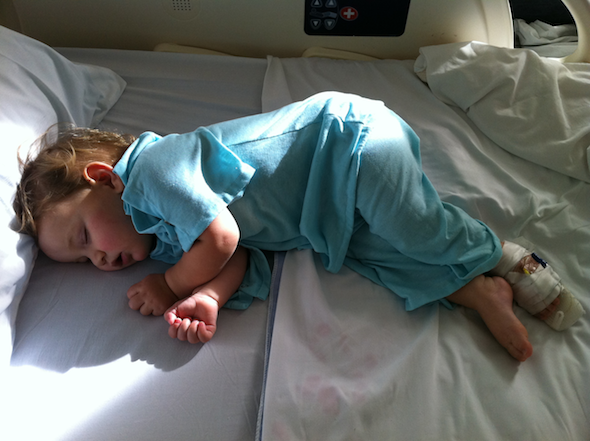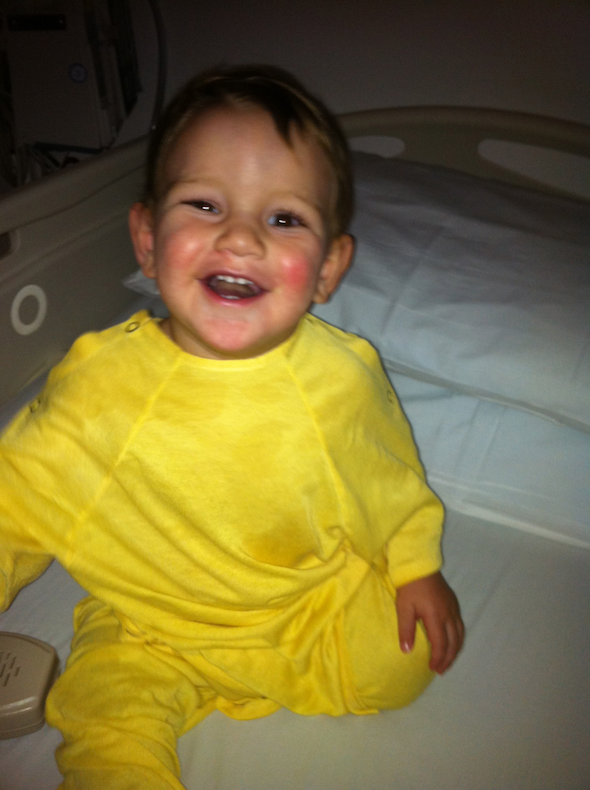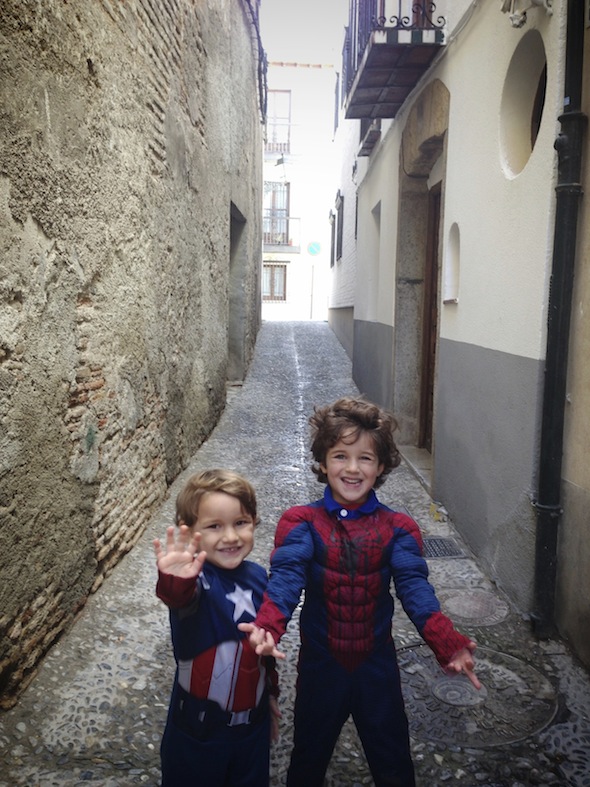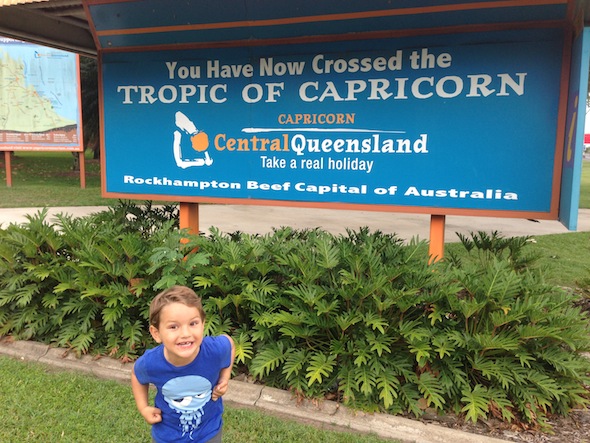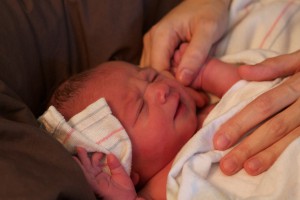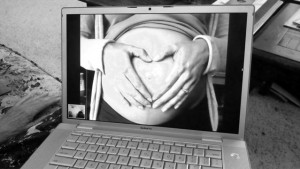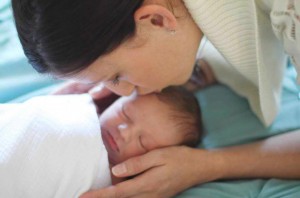 Raising children is hard work. It’s deeply trying, physically and emotionally. Many studies have confirmed the drudgery of parenting, finding that the work itself is more tiring than chores or paid work . For those of us who have little ones, whether we care for them all week long or after hours, that’s no mystery.
Raising children is hard work. It’s deeply trying, physically and emotionally. Many studies have confirmed the drudgery of parenting, finding that the work itself is more tiring than chores or paid work . For those of us who have little ones, whether we care for them all week long or after hours, that’s no mystery.
Parenting is an all-in occupation, with every bit of us being needed for the job, including those parts of us we’d rather forget about. Parenting pushes all of our buttons on purpose. It’s our second chance to dig up and heal all of those old traumas we’ve buried. And depending upon how many kids we have, it’s also our 3rd chance, 4th chance, etc., because with each new character in our brood those feelings emerge as freshly as we experienced them in childhood.
How do you react when you hear your child screaming? It hits you deep down, right? And you’d do anything to make it stop. And that’s by design. By observing how you handle that feeling, and your reaction to your child as they get bigger and push your buttons, we get a unique window into our own childhood, into our parents’ experience, and theirs before them.
We are the inheritors of a unique legacy. All of us come out of childhood with some form of baggage. And we spend an outsize amount of our lives burying it so that we can “function normally.” But normal functioning isn’t dancing on top of a garbage mound and pretending we’re at a beauty pageant. It’s digging down and finding out who we are under all that garbage. It’s allowing and even welcoming all the experiences of life, and all the messy emotions that come with them. And if we have children, we’ve signed up for the messiest of those duties.
Childcare is physically challenging, but as babies turn into children, we find that the emotional challenges feel far more difficult than those early months when our bodies ached from constant carrying and personal hygiene fell low on our priority list.
Parenthood holds up a huge mirror that helps us see our stuffed feelings, our ideas about what’s wrong with us and our beliefs about who it’s acceptable to be in the world. Dealing with that gracefully is difficult on a good day, much less when your charge has smeared peanut butter in your hair and peed on the carpet.
Here are three ideas to get you through:
- Laugh! A sense of humor can get you through just about anything. Another benefit is that laughter is healing, in that it lets us release tension and it tells our brain to celebrate. And celebrating is definitely the correct response to useful information that will help you to free your inner child so that you can actually enjoy watching your kid splash in the puddles while wearing her sneakers. Or better yet, join in!
- Take notes. I know it’s difficult to find time to journal when you have a kid, but some of us somehow find ways to send texts. So text yourself when you notice a pattern, when you’ve caught a glimpse of yourself (good, bad or ugly) or when you find something you’d like to ponder later. These truths about ourselves are gems, and it’s worth taking a few minutes to jot it down if you can.
- Roll with it… Yes it’s difficult. And it’s hysterical. And it’s sad. And every other emotion you can imagine. When we open ourselves to our inner experience, we can be present to what’s happening in this moment with our child, which is all there ever is.


